As Coronavirus Death Toll in US Crosses 50,000, a Handful of States Edge toward Reopening Businesses
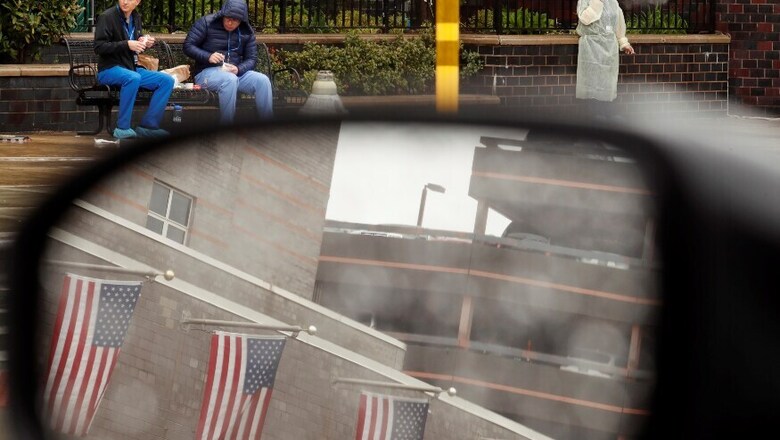
views
The United States death toll from the coronavirus pandemic surpassed 50,000 on Friday, according to a running tally by Johns Hopkins University.
According to the tracker, 50,031 people have now died in the US from COVID-19 since the start of the global health crisis, with more than 8,70,000 confirmed cases.
The US is the hardest hit of any country as the coronavirus pandemic unfolds. In the last 24 hours, 3,176 people died of COVID-19, according to Johns Hopkins -- one of the deadliest days recorded anywhere since the start of the pandemic.
According to a Reuters rally, an average of about 2,000 Americans have died every day this month.
The true number of cases is thought to be higher, with state public health officials cautioning that shortages of trained workers and materials has limited testing capacity.
Deaths are also likely higher, as most states only count hospital and nursing home victims and not those who died at home. About 40% of the deaths have happened in New York state, the epicentre of the US outbreak, followed by New Jersey, Michigan and Massachusetts.
Reaching 50,000, fatalities have exceeded the total number of American lives lost in the 1950-53 Korea War - 36,516. The total also exceeds deaths from the seasonal flu in seven out of nine recent seasons, according to the Centers for Disease Control and Prevention (CDC).
Flu deaths range from a low of 12,000 in 2011-2012 to a high of 61,000 lives lost in the 2017-2018 season.
States set to reopen
With the toll topping 50,000, Georgia, Oklahoma and a handful of other states took the first tentative steps at reopening for business on Friday despite the disapproval of President Donald Trump and health experts.
Gyms, hair salons, tattoo parlours and some other businesses were cleared to open their doors by Georgia Governor Brian Kemp, who disregarded warnings from public health officials that relaxing restrictions could lead to more infections and deaths.
The southern state has become a flashpoint in the debate over how quickly the country should return to work. While the COVID-19 illness is killing thousands of Americans daily, stay-at-home policies have made millions jobless.
Despite the lost revenues, not all eligible businesses in Georgia jumped at the chance to reopen. Shay Cannon, owner of Liberty Tattoo in Atlanta, said he would reopen in May by appointment only and did not foresee a return to normal until June or later.
"We're just watching the numbers and doing what seems right to us," said Cannon.
Jasmine Maskell, owner of Timeless Tattoo in Atlanta, said she was not opening on Friday but would slowly resume business over the next couple of weeks under strict precautions.
The shop would operate as if everyone is infected, Maskell said. "We will just operate under that notion and then we can keep everyone safe here," she said.
Oklahoma was opening some retail businesses on Friday, Florida started letting people visit some of its beaches last Friday, South Carolina began easing restrictions on Monday, and other states will relax guidelines next week.
A Republican, Trump has given mixed signals about when and how the country should begin to get back to work after weeks in lockdown. This month he called for Democratic governors to "liberate" their states but, in a reversal this week, he told a news conference he disapproved of Georgia's move to reopen.
Late on Thursday, Trump sparked fresh confusion over the prospects for treating COVID-19, suggesting scientists should investigate whether patients might be cured by ingesting disinfectant.
The comments prompted doctors and health experts to warn the public not to drink or inject disinfectant. Lysol and Dettol maker Reckitt Benckiser issued a statement of its own.
"Under no circumstance should our disinfectant products be administered into the human body (through injection, ingestion or any other route)," the company said.
Confusing for customers
US Representative Doug Collins from Georgia, a Republican like the state's governor Kemp, said reopening on Friday was confusing for customers.
"Everyone's supposed to be staying home, but yet we're opening up these businesses," Collins told Fox News. He cited federal guidelines calling for states to experience a two-week decline in cases first, and said parts of Georgia were still struggling to treat patients.
New York Governor Andrew Cuomo, whose state has been the worst hit by coronavirus, said reopening the economy too early in any state was a danger to others. "Assume the virus got on the plane that night and flew to New York or flew to Newark airport. That has to be the operating mentality," he said.
Atlanta Mayor Keisha Lance Bottoms said Georgia did not have the hospital capacity to handle the outbreak and warned of a second wave of cases.
According to a model maintained by the Institute for Health Metrics and Evaluation (IHME) at the University of Washington, which is used by the White House, hospitalisations in Georgia will peak next week.
Oklahoma, with far fewer cases and deaths than Georgia, began opening hair and nail salons, barber shops and other personal care businesses on Friday. The IHME model predicts that Oklahoma already hit its hospitalisations peak on Tuesday and could loosen restrictions on June 17.
Tennessee reopened most of its 56 state parks on Friday, ahead of the partial reopening of restaurants and retail outlets next week.
Texas on Friday began it's "retail-to-go" phase of the reopening, allowing retail shops to either deliver products to homes, or letting customers wait in cars in parking lots and have items handed by store workers.
In practice, many Texas businesses have been doing this for weeks or stayed open outright, as Governor Greg Abbott's classification of essential businesses included all big-box stores, bike shops, anybody selling fishing or camping supplies, dry cleaners and farmers markets, among others.
Michigan Governor Gretchen Whitmer on Friday extended her stay-at-home order through May 15 as the Midwestern state, but she lifted restrictions on some businesses and allowed the public to take part in outdoor activities such as golfing.
(With inputs from AFP and Reuters)















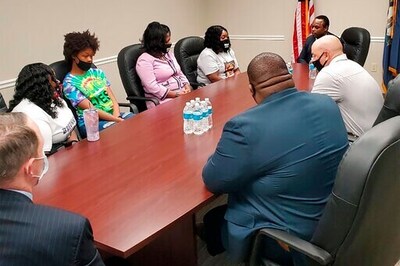
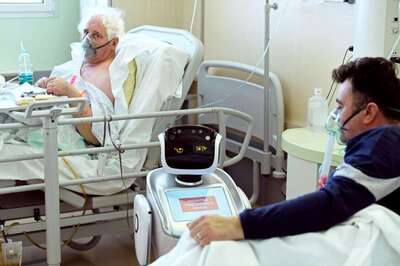
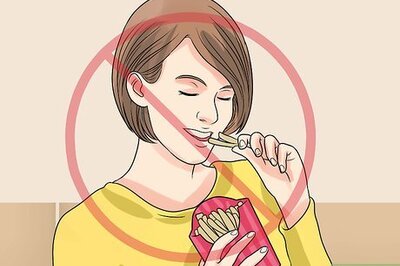
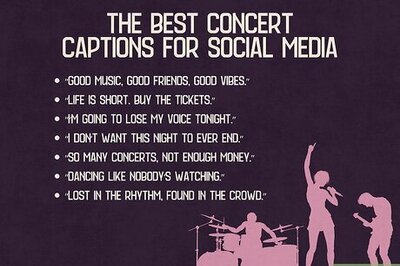
Comments
0 comment